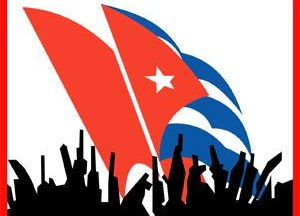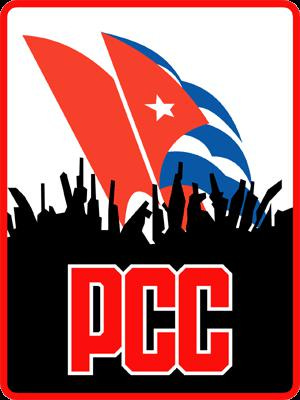The Communist Party of Cuba is a vanguard political party in a political system of people’s democracy. As such, its role is to educate the people, guiding the people in the construction of socialism. The Party in Cuba possesses the moral authority to guide and educate, but it does not have the legal and constitutional authority to decide. The Constitution grants to the National Assembly of People’s Power, the deputies of which are nominated by the elected delegates of the people and are elected directly by the people, the authority to decide policies and measures, to enact legislation, and to elect and recall the highest members of the executive branch of the government. I have written in previous commentaries concerning the Cuban political process of people’s democracy, different from and in important respects superior to representative democracy (see “Cuba wins the 2023 elections,” March 28, 2023). Whereas the structures of representative democracy initially took form in …
© 2025 Charles McKelvey
Substack is the home for great culture



